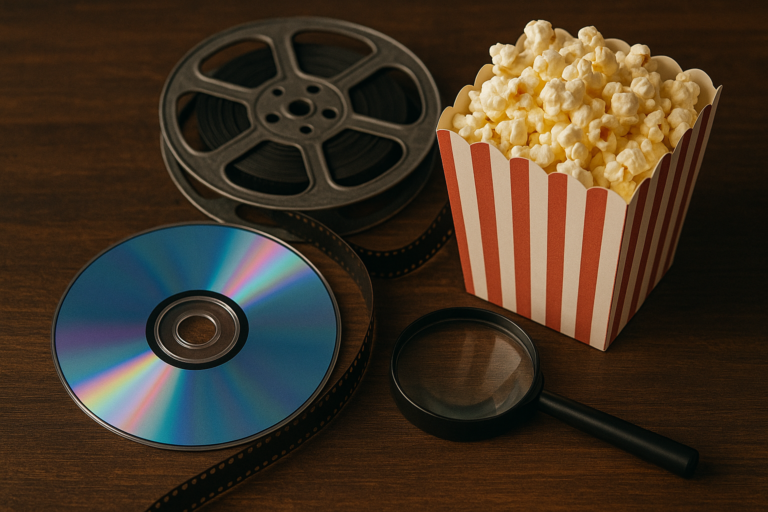**The Role of Music in Enhancing Film Narratives**
Music is a powerful tool in filmmaking. It doesn’t just play in the background; it actively enhances the narrative, setting the mood, guiding the audience’s emotions, and even influencing the pacing of the story. Let’s explore how music makes films more engaging and memorable.
### Setting the Mood
When you watch a movie, the first thing you notice is the setting. The music helps create this setting by establishing the tone and atmosphere of the scene. For example, in a horror movie, the eerie sounds and dark melodies can make you feel scared and tense. In a romantic comedy, the upbeat and cheerful tunes can make you feel happy and light-hearted. The soundtrack is like a guide that tells you how to feel about what’s happening on screen.
### Enhancing Emotional Engagement
Music has the ability to evoke strong emotions. It can make you feel sad, happy, or even nostalgic. In films, music is often used to amplify the emotional impact of a scene. Imagine a character losing their loved one; the sorrowful melody can make the scene even more heartbreaking. On the other hand, a triumphant theme can make a victory scene feel more exhilarating.
### Influencing Pacing
The pacing of a film refers to how quickly or slowly the story unfolds. Music plays a crucial role in controlling this pace. Fast-paced music can make a scene feel energetic and fast-moving, while slow music can make it feel more contemplative and reflective. For instance, in action movies, the quick beats and intense rhythms keep the audience on the edge of their seats, while in dramas, the slower melodies allow for deeper reflection.
### Integrating into the Narrative
In some films, music is not just background noise; it’s an integral part of the story. Characters might break into song, or the score might reveal their thoughts and feelings. This integration makes the audience connect more deeply with the characters. For example, in musicals like “The Wizard of Oz” or “West Side Story,” the songs are not just random tunes but are deeply connected to the plot and character development.
### Real-Time Influence
Some filmmakers take music to the next level by using it in real-time during filming. Sergio Leone, a famous director, would have his composer Ennio Morricone create the score before even writing the script. He would then play the music on set to guide the actors’ movements and camera angles. This approach ensures that every element of the film is harmoniously connected, making the final product more cohesive and engaging.
### Conclusion
Music is more than just a soundtrack in films; it’s a vital component that enhances the narrative, sets the mood, and influences the audience’s emotions. Whether it’s setting the tone for a scene, amplifying emotional impact, controlling pacing, or integrating into the story, music plays a crucial role in making films memorable and engaging. So next time you watch a movie, pay attention to the music—it’s not just background noise; it’s an essential part of the storytelling process.


